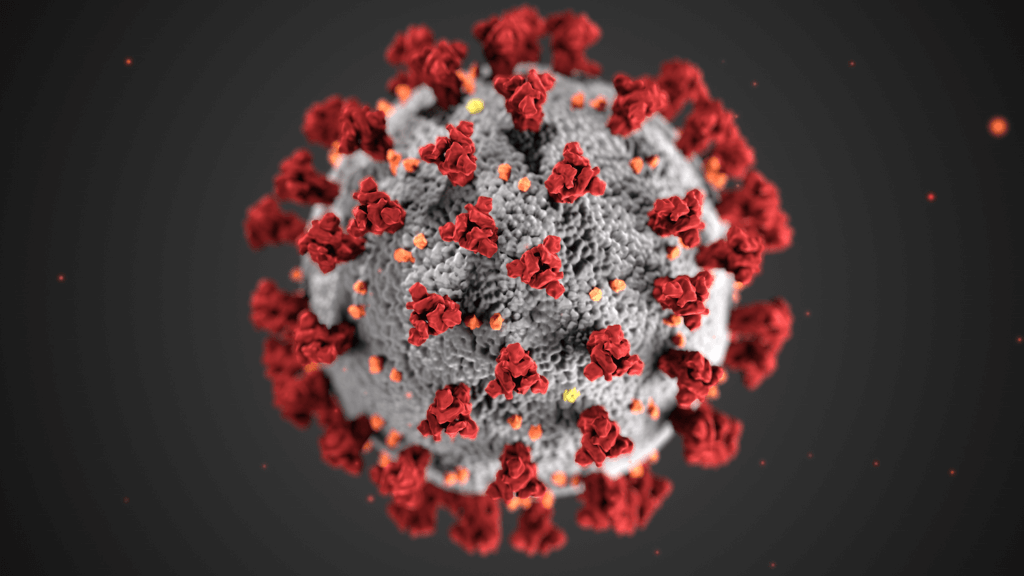Texas Children’s Hospital launches immunotherapy study for children with peanut allergies

For parents dealing with peanut allergies, the idea of their child coming into contact with any peanut product is terrifying. But a new immunotherapy study at Texas Children’s Hospital seeks to ease that fear – by exposing allergic children to peanut flour.
This process, known as desensitization, operates on the idea that swallowing tiny increasing amounts of the allergen will build up the patient’s tolerance to it and possibly eliminate the allergy completely.
The study is led by Carla Davis, M.D., the director of the food allergy program at Texas Children’s and an assistant professor of pediatrics at Baylor College of Medicine in the section of immunology, allergy and rheumatology. Given the serious nature of peanut allergies, Davis said a number of parents were unwilling to risk enrolling their children. Still, her team ended up with more volunteers than they currently have resources to enroll.
“They want their child to get better so they decided that they would assume the risk,” Davis said. “Parents definitely have to switch their mindset about exposure to peanuts when their children contribute to trials.”
Researchers will start by giving the children just 1/50th of a peanut, but the intent is to build up to about 30 whole peanuts. The participants will eat increasing doses of peanuts for the first year, then for several years after, “they will be followed and they will continue to eat peanuts on a regular basis.”
The team chose to begin with peanuts because they are the number one cause of fatal food anaphylaxis, but Davis says they’re interested in expanding the study in the future to include other foods.
“We’re hoping these kids will be able to tolerate more peanut proteins without having reactions, and that will minimize the risk of accidental exposure causing anaphylaxis.”
No doubt minimizing that risk could be life-changing for families dealing with severe allergies.



